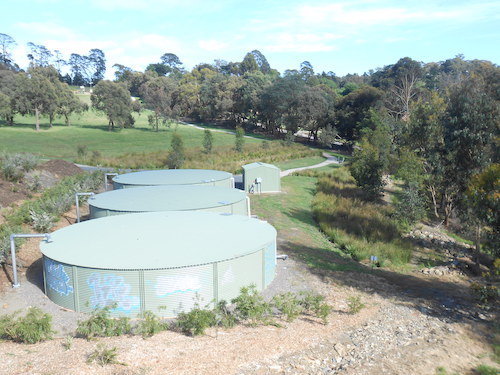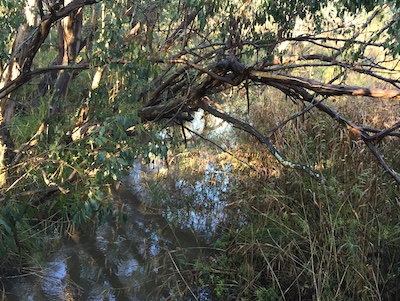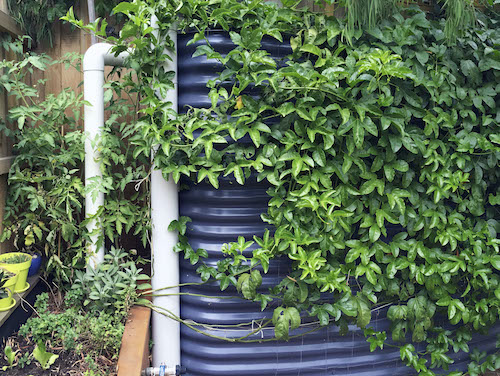Featured paper
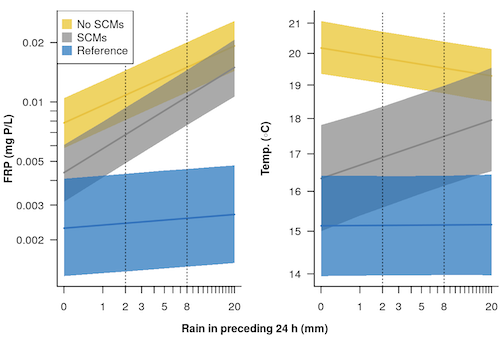 Walsh, C. J., Imberger, M. J., Burns, M. J., Fletcher, T. D., & Bos, D. G. (2022). Dispersed urban-stormwater control improved stream water quality in a catchment-scale experiment. Water Resources Research, e2022WR032041.
Walsh, C. J., Imberger, M. J., Burns, M. J., Fletcher, T. D., & Bos, D. G. (2022). Dispersed urban-stormwater control improved stream water quality in a catchment-scale experiment. Water Resources Research, e2022WR032041.An outcome of the Little Stringybark Creek experiment, which aimed to test if creeks downstream of stormwater drainage can be restored. 100s of rain-gardens that allow to water soak into surrounding soils and be taken up by plants, and rainwater tanks for harvesting, were installed in two suburban catchments. Comparing water quality before and after installation, in experimental streams, and in urban control and reference forested streams, we showed that filtering and harvesting stormwater reduced summer temperatures and reduced concentrations of phosphorus and nitrogen, critical contaminants for healthy streams. The reductions were greatest in dry weather, and after small amounts of rain. To achieve water quality similar to forested streams, we need rain-gardens and harvesting systems that catch runoff from nearly every roof and road upstream. Achieving that will require reserving space near pipe outlets to streams for final treatment systems, and finding ways to use the excess water generated by roofs and roads. DOI: 10.1029/2022WR032041
Recent posts
Media interest across the ditch
Well, I better get the raingarden diary going again then…
Melbourne Water bug database now available
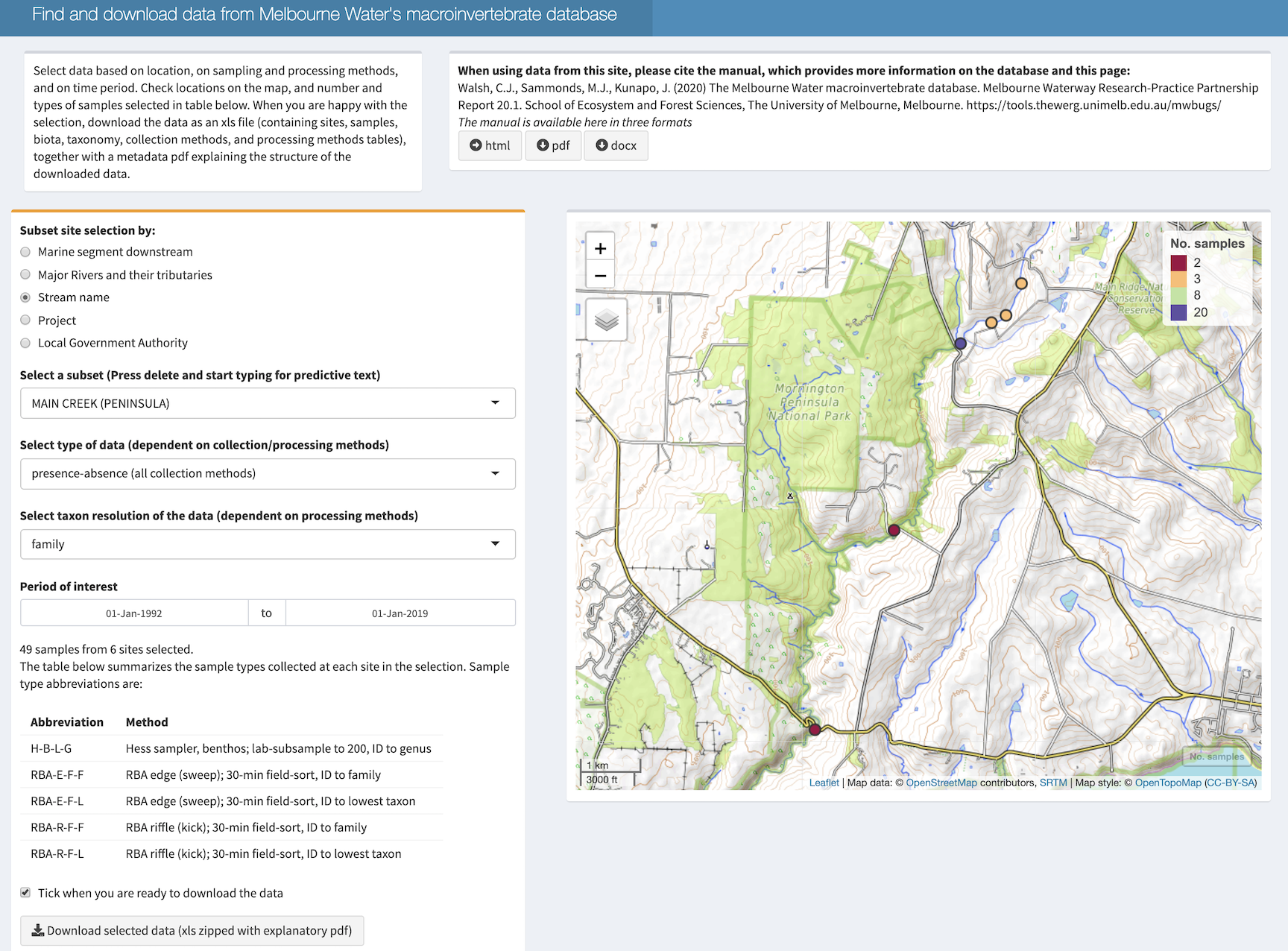
We have worked with Melbourne Water to collate their collection of macroinvertebrate assemblage records from streams of the Greater Melbourne region over the last 25 years into a database, and have made it available and searchable on an open-access web interface (https://tools.thewerg.unimelb.edu.au/mwbugs/). This rich resource of biological information has been…
A data entry app for Australian stream macroinvertebrates
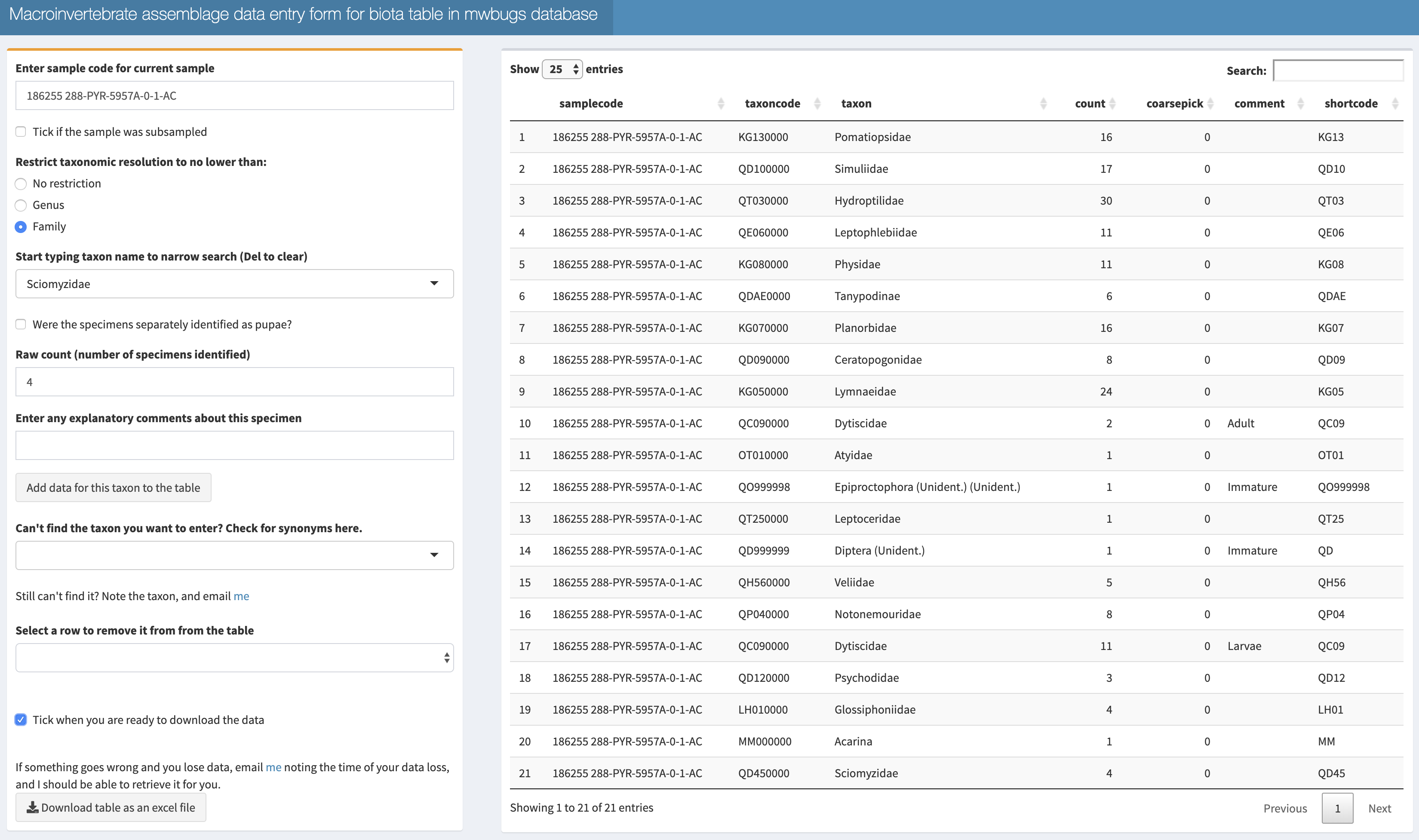
Sure, this might be a bit niche, but in preparation for the imminent release of a portal for Melbourne Water’s stream macroinvertebrate database, I’ve created a data-entry app for compiling macroinvertebrate assemblage data into a table that is suitable for entry into the database (and suitable for analysis on its…
This site is maintained by Chris Walsh,
Principal Research Fellow in the Waterway Ecosystem Research Group,
School of Ecosystem and Forest Sciences at The University of Melbourne.
He lives in Richmond, where he obsesses about his
house's stormwater runoff.
His research contributes to the Melbourne Waterway Research-Practice Partnership.
Other resources for Chris's research include:
Google Scholar,
The Open Science Framework,
GitHub,
The University of Melbourne's 'Find and Expert' page.
Contact details.
Waterway Ecosystem Research Group,
School of Ecosystem and Forest Sciences
The University of Melbourne Burnley Campus
Building 903, 500 Yarra Boulevard
Burnley Victoria 3121, Australia
Tel: +613 8344 9155
Fax: +613 9349 4218
e-mail: cwalsh@unimelb.edu.au
For directions to the WERG,
click on the pointer in this version of the map.
Privacy policy








